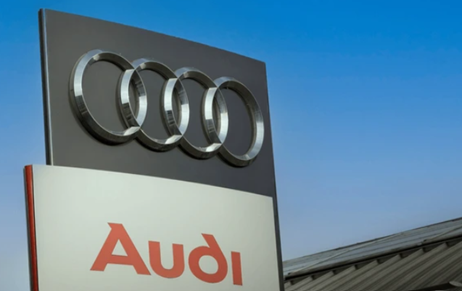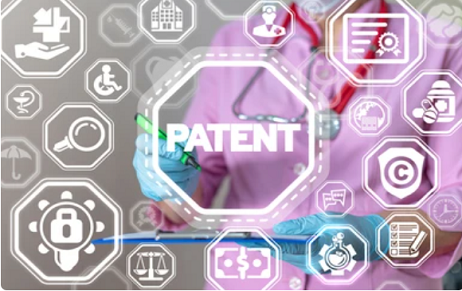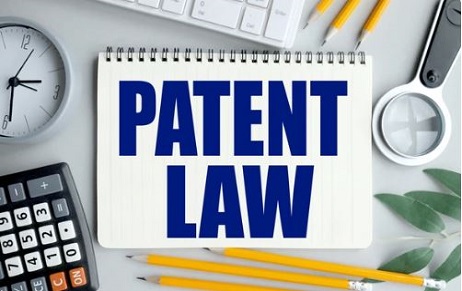Audi is a leading technology company focused on innovation and creating and monetizing its Intellectual…
What Should Be Your Key Considerations While Licensing From Patent Pledges?
Toyota, a Japanese MNC recently decided to grant approximately 24,000 ‘vehicle electrification’ patent licenses on the technologies used by them in making of their cars, specifically in “green” cars i.e. Prius, world’s first mass produced electric car. The ideology behind this, is that the team at Toyota believes to foresee beyond just producing finished products. This act of Toyota has been compared to Tesla’s pledge in 2014.
The following are considerations which should be taken care of while entering into licenses for patents:[1]
1. Royalties
A very vital aspect of licensing patents are the royalties involved. Royalty is the amount paid to the rightful owner of the patent for the licenses that are to be granted. According to the wishes of the parties the transactions can be bargained as per their choice.
For instance, Toyota built its pledge proposing royalty free licensing to increase the manufacturing of electric vehicles. Whereas, Tesla had mentioned some specifics about royalties to be paid in their patent pledge framework. [2]
The team at Toyota asked for a fee if any individual requires their technical support for carrying out research. This is the reason that many legal advisors advice their clients to go ahead with the patent only if the technology involved in the invention can be carried to the end without the technical support which required a fee.
2. Grant-back clauses
Grant black clauses mean such terms in the agreement which indicate that the ownership of the intellectual property after completion of its development leads back to the licensor. Therefore, before entering into any agreement it should be made sure that they aren’t ‘open source’ patents before you invest in developing the technology any further. To conclude you should analyse before entering into an agreement unless you do not want your invented technology to go back to the licensor.
3. Freedom to Operate
When any licensor (like Toyota or Tesla) makes an announcement for providing free patents from pledges it does not stand as an open invitation to all the third parties to venture out and develop their own technologies without seeking permission for a license. Such practices would lead to infringement causing legal problems.
4. Good faith
The court of law always gives the benefit of doubt to an individual who obeys his rights and duties under the umbrella of good faith. Tesla had an entire clause in their agreement stating “good faith” and how third parties were supposed to interpret it. As doing anything contrary to the clauses in the agreement or misusing the patent for enhancement of your own technology would trigger certain legal nuances.
5. Warranties
As it has been established through the above mentioned considerations that scrutinising the agreement before enhancing your technology is a must or it might lead your developed technology back to the licensor, which shouldn’t be the case. Therefore, to avoid such an event in the future an individual seeking the license should ask for a certain kind of warranty that is capable of covering such a risk (just like other transactions) in order to avoid any legal actions.
To conclude, it can be said that due diligence forms an essential part of any agreement that is entered into. But, before taking a license for patent from pledges or patents which have open source, one should understand the nitty-gritties of the technical background.
Author: Shruti Mandhotra, BBA LLB, 4th year , School of Law, UPES, Intern at Khurana & Khurana, Advocates and IP Attorneys. In case of any queries please contact/write back to us at
niharika@khuranaandkhurana.com
References:
[1] https://www.udl.co.uk/insights/electric-vehicle-patent-pledges-five-key-considerations-when-licensing
[2] https://www.wipo.int/edocs/pubdocs/en/licensing/903/wipo_pub_903.pdf



